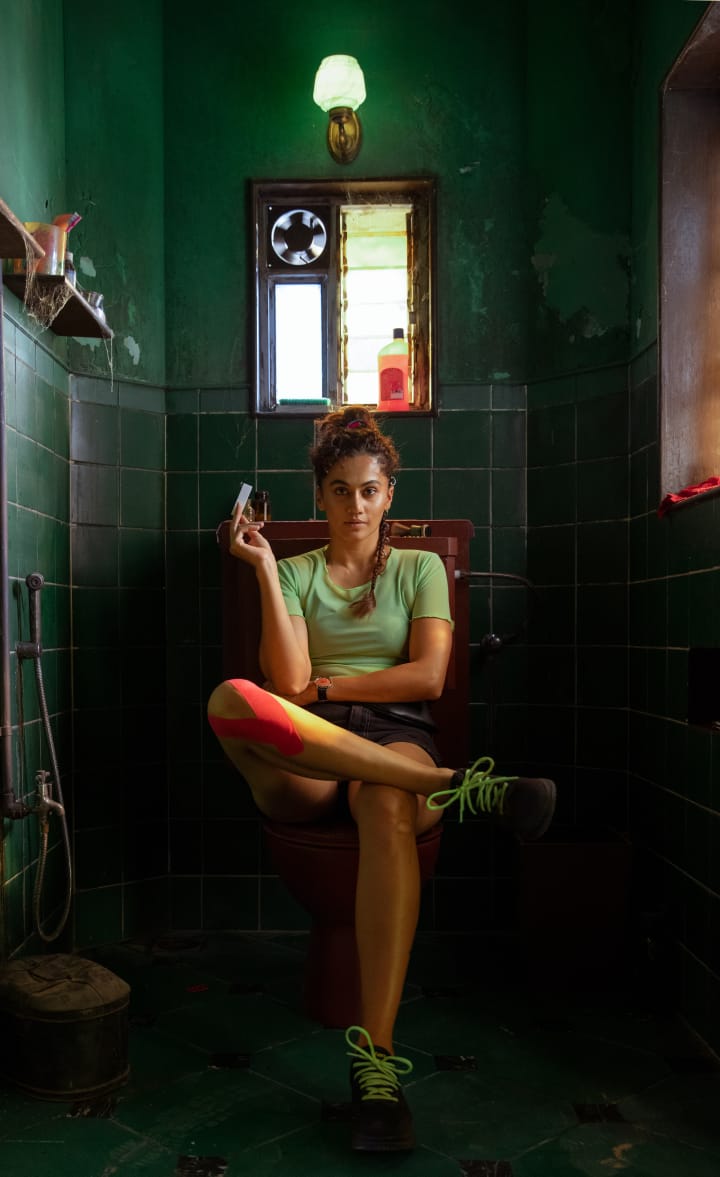
Time travel as an idea has captured the imagination of Indian cinema-goers with its extraordinary narrative potential. Indian filmmakers have frequently embraced this theme, combining it with the rich tapestry of genres found in Bollywood and regional films alike. Filmi Files lists out four Hindi films that have explored the concept of time travel.
‘Action Replayy’: A Vibrant Nod to Nostalgia
Helmed by Vipul Amrutlal Shah, ‘Action Replayy’ transports Akshay Kumar and Aishwarya Rai Bachchan into a whirlwind of retrospection and romance. Drawing inspiration from the iconic ‘Back to the Future’, this vibrant film presents a comedic adventure matched by catchy tunes and laudable performances.
‘Loop Lapeta’: A Spirited Spin on a Cult Classic
With Taapsee Pannu at the helm, ‘Loop Lapeta’ revamps the internationally acclaimed ‘Run Lola Run’ for an Indian audience. Tahir Raj Bhasin, Dibyendu Bhattacharya, Shreya Dhanwanthary, and Rajendra Chawla join Pannu in this high-stakes fusion of crime, laughs, and speculative fiction. Audiences can now enjoy this lively escapade on a leading OTT platform.
‘Dobaaraa’: A Tantalizing Temporal Puzzle
Director Anurag Kashyap ventures into the science fiction realm with ‘Dobaaraa’, an ambitious reinterpretation of the Spanish film ‘Mirage’. This gripping tale follows a woman entwined with fate who reaches across time to save a young boy, featuring Taapsee Pannu, Pavail Gulati, and Rahul Bhat in pivotal roles. ‘Dobaaraa’ heralds Kashyap’s inaugural sci-fi outing with its daring narrative.
‘Game Over’: A Fusion of Fright and Fortitude

Ashwin Saravanan’s ‘Game Over’ is a compelling psychological thriller that defies linguistic boundaries, meshing Tamil and Telugu in its suspense-filled script. Taapsee Pannu shines as the beleaguered game designer battling her inner demons amidst looming danger. Celebrated for its chilling storyline and perceptive character study, ‘Game Over’ forges an engrossing tale of internal and external conflict.
Indian cinema’s foray into time travel reaches beyond mere entertainment. These films serve as cultural landmarks, seamlessly incorporating traditional elements with modern storytelling techniques. They challenge viewers to ponder the “what-ifs” of life, reshaping our understanding of the passage of time and the enduring power of human connection—both vital components of India’s cinematic narrative.
By FF Network

